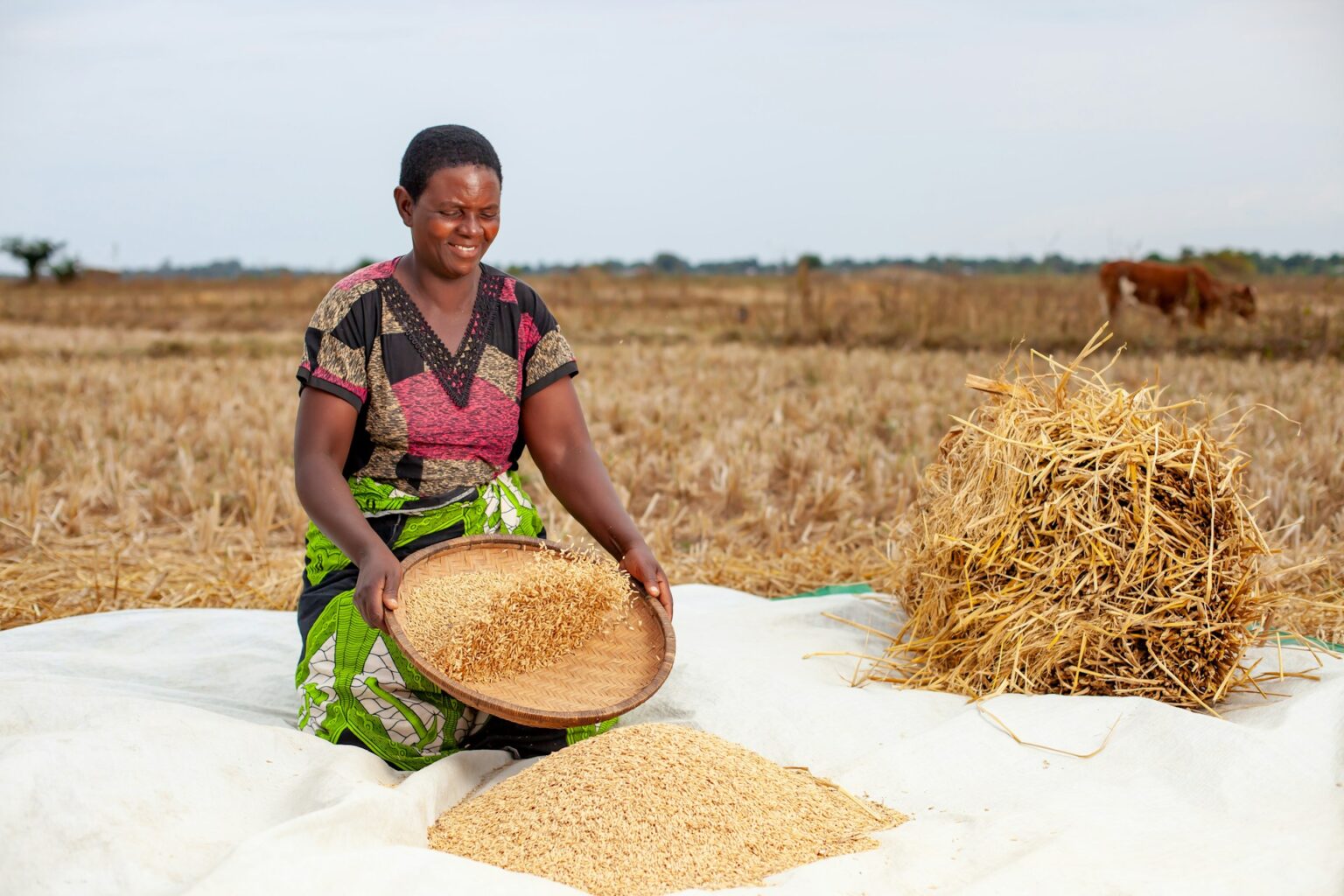}
Malawi has secured World Bank financing to help the country resume imports of essential goods such as medicines, fertilizers, and other critical supplies. The deal comes as Malawi faces a severe economic crisis marked by foreign exchange shortages, rising inflation, and stalled trade flows.
The World Bank financing works through a financial guarantee system. Essentially, the World Bank promises to cover payments if local banks cannot meet their obligations. This assurance encourages international banks to continue trading with Malawi, helping unlock imports that the economy urgently needs.
Under the arrangement, the Reserve Bank of Malawi issues guarantees on behalf of domestic banks, fully backed by the World Bank’s International Development Association. The initial coverage of US$60 million does not count as debt unless drawn. This allows Malawi to expand trade without immediately increasing its fiscal burden.
How the System Helps Trade
The guarantee works in a cycle. When a local bank settles a letter of credit, its capacity under the World Bank financing resets, enabling new transactions without requiring additional capital. This mechanism multiplies the impact of a relatively small funding pool, boosting the flow of essential imports across the country.
For Malawi, this is a critical lifeline. Importers and wholesalers have struggled to access foreign currency in recent months, causing shortages of fertilizers that farmers rely on for planting, as well as shortages of medicines needed for public health. By providing a reliable safety net, the World Bank financing program restores confidence in Malawi’s banking system and reassures international trade partners that the country can meet its obligations.
A similar program last year enabled Malawi to import 1,500 metric tons of fertilizer, which proved essential for the planting season. Since then, several domestic banks have joined the scheme, along with international confirming banks, demonstrating growing trust in the system.
Impact on Everyday Malawians
The benefits of World Bank financing go beyond the banking sector. Farmers who depend on imported fertilizer can maintain crop production, helping to stabilize food supplies and reduce the risk of price spikes. Hospitals and pharmacies gain access to imported medicines, which supports public health efforts and prevents shortages in critical care.
Experts say that even short-term relief like this can prevent economic disruption from becoming a full-blown crisis. By keeping trade flowing, World Bank financing indirectly protects jobs and livelihoods that rely on functioning supply chains, from transporters and wholesalers to farmers and healthcare providers.
SEE ALSO: International Banking: Managing Finances Across Countries
Experts Urge Careful Management
While World Bank financing offers immediate relief, economists stress that it does not solve Malawi’s underlying economic challenges. Structural problems such as weak fiscal management, debt accumulation, and currency instability remain. If domestic banks default too often, the guarantees could be drawn, increasing Malawi’s exposure.
The World Bank also notes that repeated reliance on external guarantees may create moral hazard, encouraging banks to depend on future bailouts rather than manage risk prudently.
Despite these challenges, the initiative provides critical breathing space for the country. Observers note that the success of the World Bank financing program will depend on careful management, transparent implementation, and complementary reforms in the banking sector and broader economy. This includes measures to stabilize the exchange rate, strengthen revenue collection, and ensure fiscal discipline.
Looking Ahead
Malawi’s government and the World Bank are closely monitoring the program. Early results suggest that trade flows are gradually resuming, with more banks and importers participating. If successful, the model could be expanded to cover other sectors or even serve as a blueprint for neighboring countries facing similar trade and currency challenges.
For now, the focus remains on execution. The World Bank financing initiative is a timely intervention that could prevent a worsening of Malawi’s import crisis. It demonstrates how targeted international support can help countries facing acute financial pressures, while also highlighting the importance of long-term economic reforms to ensure sustainable recovery.


